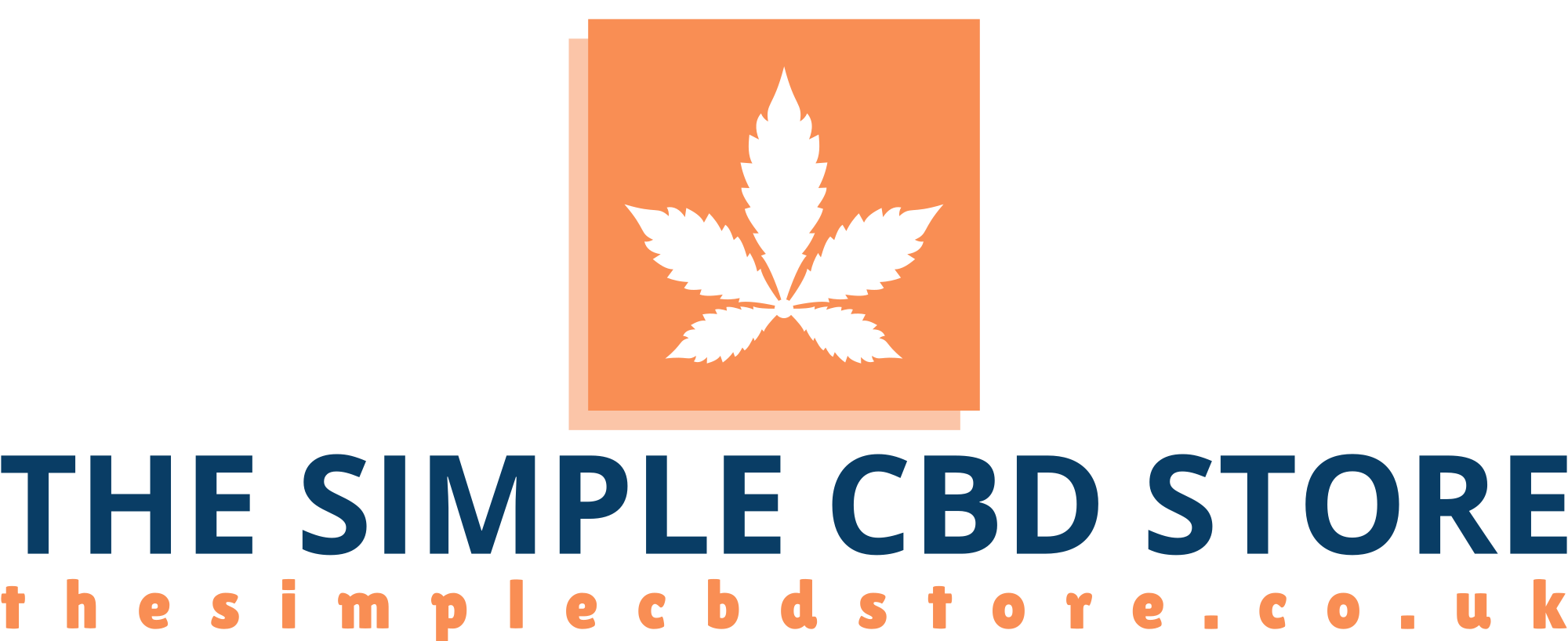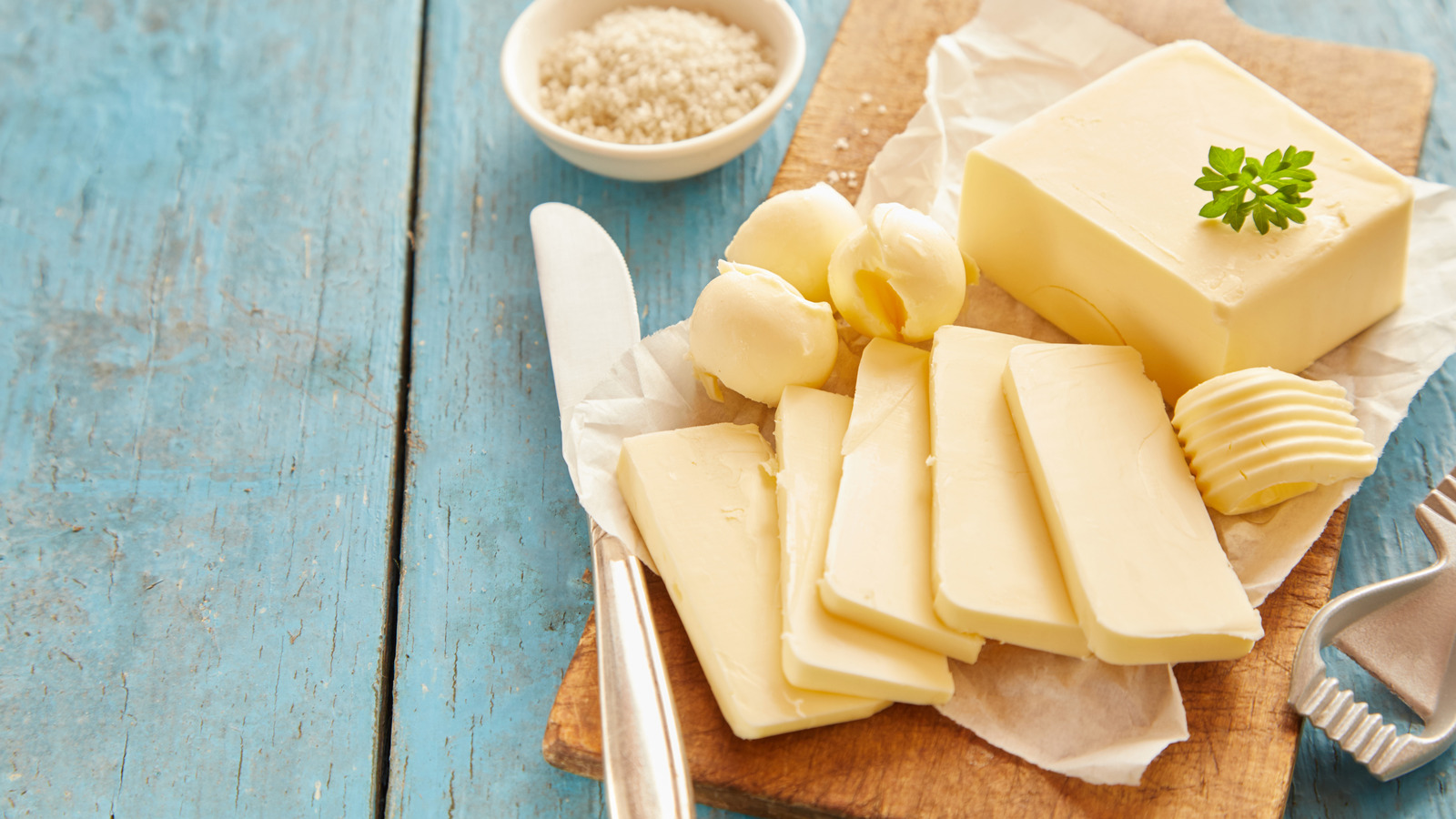Ghee, a type of clarified butter, has been used for centuries in traditional Indian cuisine and Ayurvedic medicine. In recent years, it has gained popularity in the health and wellness community as a potential healthier alternative to regular butter. But is ghee really healthier than butter? In this comprehensive guide, we will explore the nutritional profile of ghee, its potential health benefits, and considerations when incorporating it into your diet.
What is Ghee?
Ghee is a form of clarified butter that is made by simmering butter and removing the milk solids and water. The process of making ghee involves heating the butter until the water evaporates, and the milk solids separate and are strained out. The resulting golden liquid is ghee, which has a rich, nutty flavor and a high smoke point, making it suitable for cooking at high temperatures.
Nutritional Profile:
Ghee and regular butter have similar calorie and fat content, with approximately 120 calories and 14 grams of fat per tablespoon. However, the composition of fats in ghee and butter differs. Ghee is primarily composed of saturated fats, while butter contains both saturated and unsaturated fats. Ghee also contains a small amount of protein and traces of vitamins A, D, E, and K.
Potential Health Benefits of Ghee:
Lactose and Casein-Free: The process of making ghee removes the lactose and casein, making it a suitable option for individuals with lactose intolerance or milk allergies.
High Smoke Point: Ghee has a higher smoke point compared to butter, which means it can withstand higher cooking temperatures without oxidizing or producing harmful smoke.
Nutrient Absorption: Ghee is rich in fat-soluble vitamins A, D, E, and K. These vitamins require fat for absorption, and the presence of ghee in a meal can enhance their bioavailability.
Butyric Acid: Ghee contains butyric acid, a short-chain fatty acid that may have anti-inflammatory and gut health benefits. It is believed to support a healthy digestive system and promote the growth of beneficial gut bacteria.
Antioxidant Properties: Ghee contains compounds like conjugated linoleic acid (CLA), which has antioxidant properties and may have potential anti-cancer effects. However, more research is needed to fully understand these effects.
Considerations When Using Ghee:
Saturated Fat Content: While ghee is often promoted as a healthier alternative to butter due to its lack of lactose and casein, it is still high in saturated fats. Consuming too much saturated fat can contribute to an increased risk of heart disease. It’s important to moderate your intake of ghee and other saturated fat sources as part of a balanced diet.
Calorie Density: Ghee is calorie-dense, so it’s essential to be mindful of portion sizes, especially if you are watching your calorie intake or trying to manage your weight.
Individual Dietary Needs: The suitability of ghee in your diet depends on your individual dietary needs and health goals. If you have specific dietary restrictions or conditions, such as cardiovascular disease or high cholesterol, it is advisable to consult with a healthcare professional or registered dietitian before incorporating ghee into your diet.
Quality and Source: The quality of ghee can vary depending on the source and production methods. Look for ghee made from high-quality butter, preferably from grass-fed cows, as it may contain higher levels of beneficial nutrients.
Overall Dietary Pattern: It’s important to consider ghee as part of your overall dietary pattern rather than a standalone “superfood.” Focus on a balanced diet that includes a variety of whole foods, including fruits, vegetables, whole grains, lean proteins, and healthy fats.
Conclusion:
Ghee is a flavorful alternative to regular butter that offers some potential health benefits, such as being lactose and casein-free, having a high smoke point, and containing fat-soluble vitamins and butyric acid. However, it is important to remember that ghee is still high in saturated fat and calories, so moderation is key. Incorporate ghee into your diet mindfully, considering your individual health needs and overall dietary pattern. As with any dietary choice, it is always advisable to consult with a healthcare professional or registered dietitian for personalized guidance.

